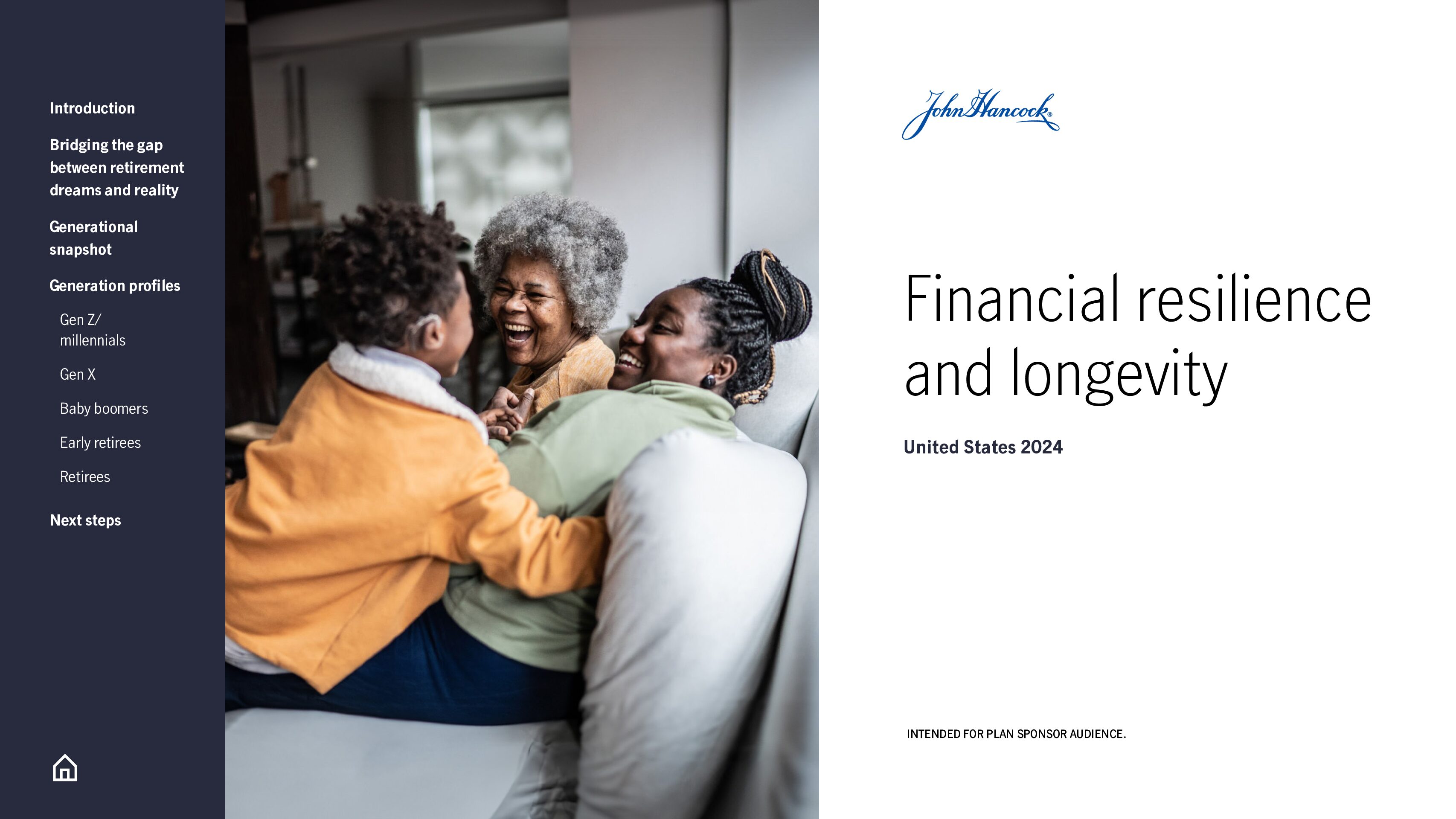The Social Security Retirement Age
By Congressional Research Service The Social Security full retirement age (FRA) is the age at which workers can first claim full (i.e., unreduced) Social Security retired-worker benefits.1 Among other factors, the age at which an individual begins receiving Social Security benefits has an impact on the size of the monthly benefits. Claiming benefits before the FRA can substantially reduce monthly benefits, whereas claiming benefits after the FRA can lead to a substantial increase in monthly benefits. Benefit adjustments are made...










